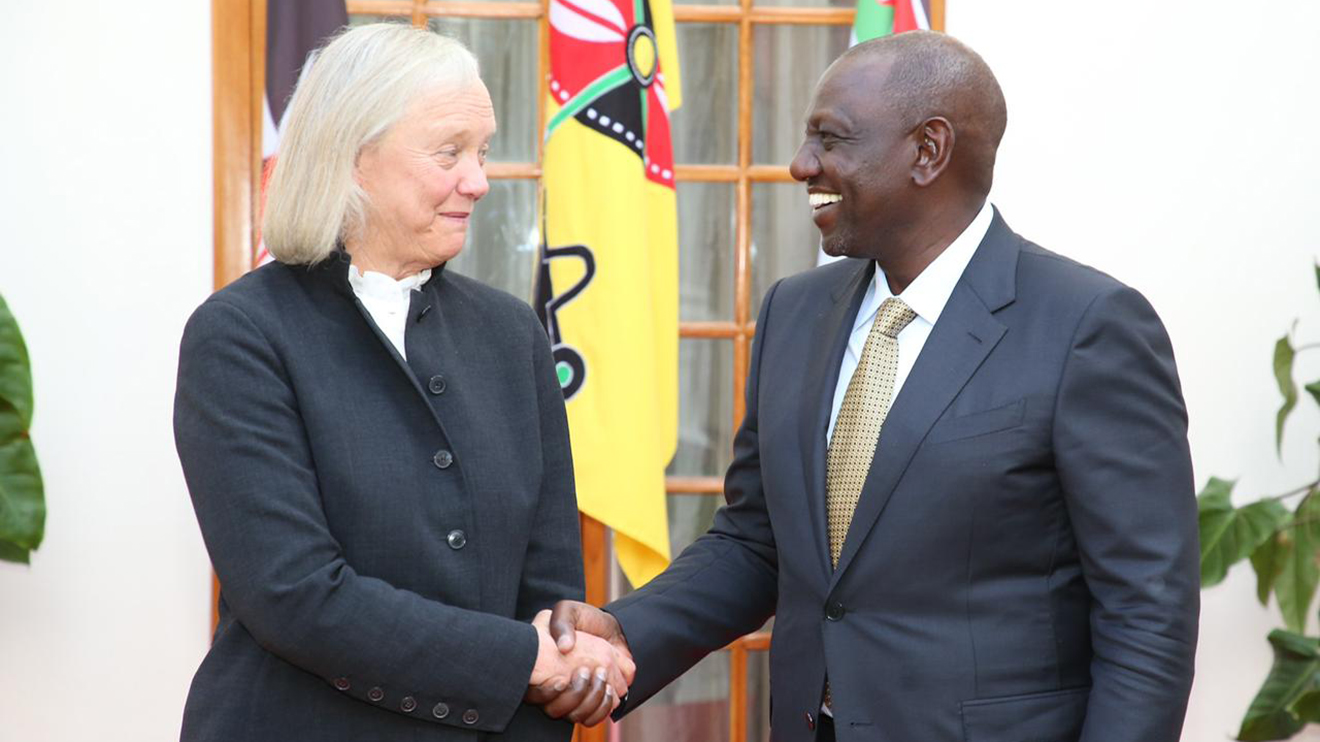Kenya is set to benefit from a significant new funding boost aimed at strengthening weather and climate information services.
Announced at COP29, the UK Minister for Development, Anneliese Dodds, revealed an uplift of £30 million (Sh4.8 billion) to the Weather and Climate Information Services (WISER) Africa programme.
This includes a substantial allocation of up to Sh660 million (£4 million) for WISER Kenya, focused on addressing the impacts of climate hazards such as droughts, floods, and storms, with particular emphasis on empowering communities, including women and girls.
The partnership brings together key stakeholders, including the Kenya Meteorological Department, IGAD Climate Predictions and Applications Centre (ICPAC), and the Kenya Red Cross, to enhance early warning and early action systems.
The aim is to reduce humanitarian needs and support drought-affected communities, ensuring better preparation for extreme weather events.
Read More
“The WISER programme has already played a crucial role in supporting farmers and communities across Kenya – from Lake Victoria to Kibera – helping them anticipate and mitigate the impacts of severe weather," said Neil Wigan, British High Commissioner to Kenya.
"Through this funding uplift, we look forward to working with the Kenya Meteorological Department and other partners to enhance Early Warning Systems and support communities to prepare for climate shocks such as droughts and floods."
Kenya's experience with extreme weather events has been stark in recent years, with the country facing its worst drought in 40 years in 2023, followed by devastating floods that displaced over 15,000 households in 2024.
The initiative’s emphasis on improved weather forecasting will be critical for government bodies, humanitarian groups, and households to take anticipatory measures, ultimately reducing the risks to lives and livelihoods.
Philip Omondi Amingo, Senior Climate Scientist at ICPAC, added: “This funding will greatly enhance the capacity of leading early warning and humanitarian institutions in Kenya to develop triggers and early warnings ahead of predicted weather and climate hazards, reducing the impacts on communities before they fully unfold.”
The WISER programme has already delivered positive outcomes in previous phases. For instance, improved weather forecasts for Lake Victoria resulted in a 30 per cent reduction in weather-related deaths, as well as generating Sh5.6 billion ($44 million) in economic benefits for local fishing communities.
Additionally, WISER’s DARAJA project is working to provide inclusive urban climate resilience solutions across East Africa.
By offering early warnings of extreme weather, the project focuses on marginalised communities in informal settlements, such as Kibera, helping residents take protective actions via radio and SMS services.
This inclusive approach is vital in ensuring that vulnerable groups are equipped to respond to the challenges posed by increasingly unpredictable weather patterns.

-1731665904.jpg)


-1731583283.jpg)
-1731566290.jpg)


-1731675695.jpg)
